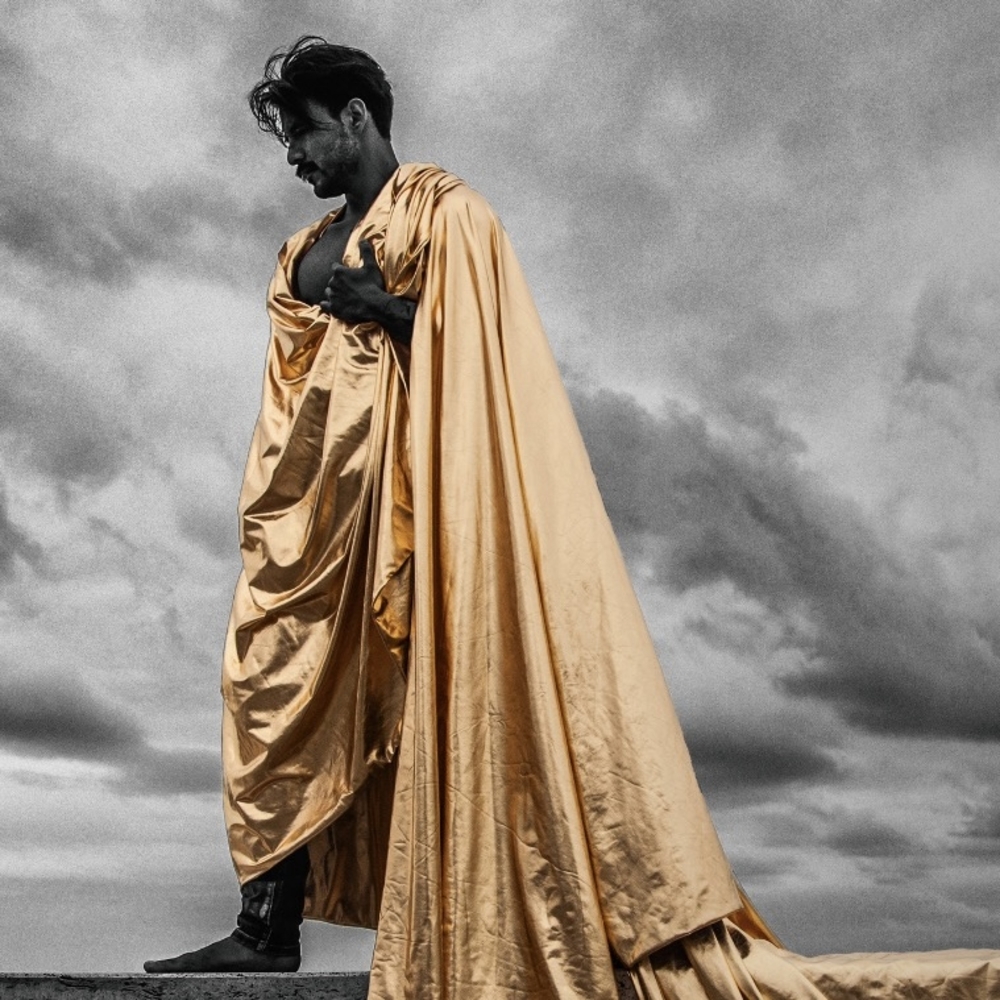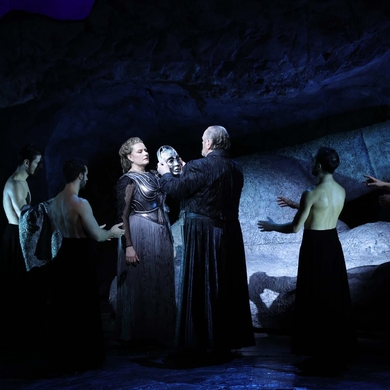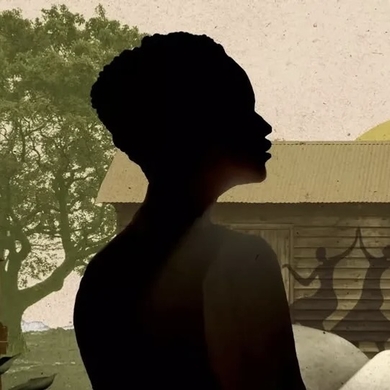All Italy is dotted with postcard-perfect vest-pocket cities whose place in cultural history is tremendous. Cremona (population ca. 70,000) is renowned as the birthplace of Claudio Monteverdi (1567–1643), whose three surviving but long-forgotten full-length operas—revolving around Orpheus, Ulysses, and Rome’s criminal imperials Nero and Poppea—resurfaced in the 20th century to form the bedrock of the enduring canon. Add to this Cremona’s bragging rights as the hometown of the luthiers Antonio Stradivari (1644–1737) and Bartolomeo Giuseppe Guarneri (1698–1744), against whose fiddles and other instruments of the string family all others are measured. This summer’s Monteverdi Festival, Cremona’s 42nd, features 30-plus events including lectures, masses, madrigals, operas, and much, much more, among them plenty from pens other than Claudio’s. Banner concerts (at the historic Chiesa di San Marcellino) and operas (at the Teatro A. Ponchielli) include: 1. Monteverdi’s monumental Vespers of the Blessed Virgin, with Jordi Savall leading the combined forces of La Capella Reial de Catalunya and Le Concert des Nations (June 7). 2. The Parma 1769 version (who knew?) of Christoph Willibald Gluck’s Orfeo ed Euridice, starring Cecilia Bartoli as Orpheus (June 11). 3. Monteverdi’s own Il Ritorno di Ulisse in Patria (Ulysses Comes Home), with the rising star Margherita Sala as Penelope. 4. The world premiere of the critical edition of Palestrina’s Requiem with the Tallis Scholars under the direction of Peter Phillips (June 26). And finally, 5. Ercole Amante (Hercules in Love), a tragedy by Francesco Cavalli, arguably Claudio’s most talented student (June 27, 29, Teatro A. Ponchielli). —Matthew Gurewitsch



